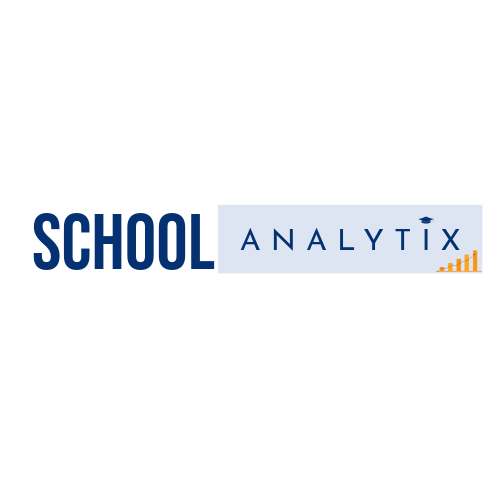Education is constantly evolving to meet the needs of the ever-changing world. In recent years, we have witnessed the emergence of several trends that are reshaping the way we approach teaching and learning. From technological advancements to a shift in pedagogical approaches, these trends are empowering students and preparing them for the future. In this article, we will explore some of the most prominent trends in education today.
- Remote Learning and EdTech Integration: The COVID-19 pandemic accelerated the adoption of remote learning and highlighted the importance of educational technology (EdTech). Even before the pandemic, there was a growing emphasis on integrating technology into classrooms to enhance learning experiences. Virtual classrooms, online collaboration tools, adaptive learning software, and gamification are some examples of how technology is transforming education.
- Personalized Learning: Recognizing that students have different learning styles, preferences, and paces, there’s been a shift towards personalized learning approaches. Adaptive learning platforms use algorithms to tailor instruction based on students’ individual needs, abilities, and interests, allowing for a more customized learning experience.
- Social and Emotional Learning (SEL): There’s increasing recognition of the importance of social and emotional skills alongside academic achievement. SEL programs aim to develop students’ self-awareness, self-management, social awareness, relationship skills, and responsible decision-making, fostering holistic development and well-being.
- Project-Based and Experiential Learning: Project-based learning (PBL) and experiential learning approaches engage students in hands-on, real-world projects and activities. These methods promote deeper understanding, critical thinking, problem-solving, and collaboration skills by applying knowledge in practical contexts.
- STEM Education: With the growing importance of science, technology, engineering, and mathematics (STEM) fields in the workforce, there’s been a focus on promoting STEM education at all levels. Initiatives aim to increase access to STEM learning opportunities, encourage underrepresented groups to pursue STEM careers, and integrate STEM across disciplines.
- Culturally Responsive Teaching: Educators are increasingly recognizing the importance of culturally responsive teaching practices that acknowledge and incorporate students’ diverse backgrounds, experiences, and perspectives into the curriculum. This approach fosters inclusivity, equity, and empathy in the classroom.
- Global Citizenship Education: In an interconnected world facing complex global challenges, there’s a growing emphasis on fostering global citizenship education. This involves developing students’ understanding of global issues, intercultural competence, empathy, and a sense of responsibility towards local and global communities.
- Lifelong Learning and Continuous Skill Development: The rapid pace of technological change and economic shifts require individuals to adapt and upskill throughout their lives. Lifelong learning initiatives aim to equip students with the skills, mindset, and resources to navigate career transitions and thrive in a dynamic workforce.
These trends reflect efforts to create more engaging, inclusive, and effective learning environments that prepare students for success in the 21st century. Keep in mind that the education landscape is continually evolving, and new trends may emerge as societal needs and priorities evolve.

